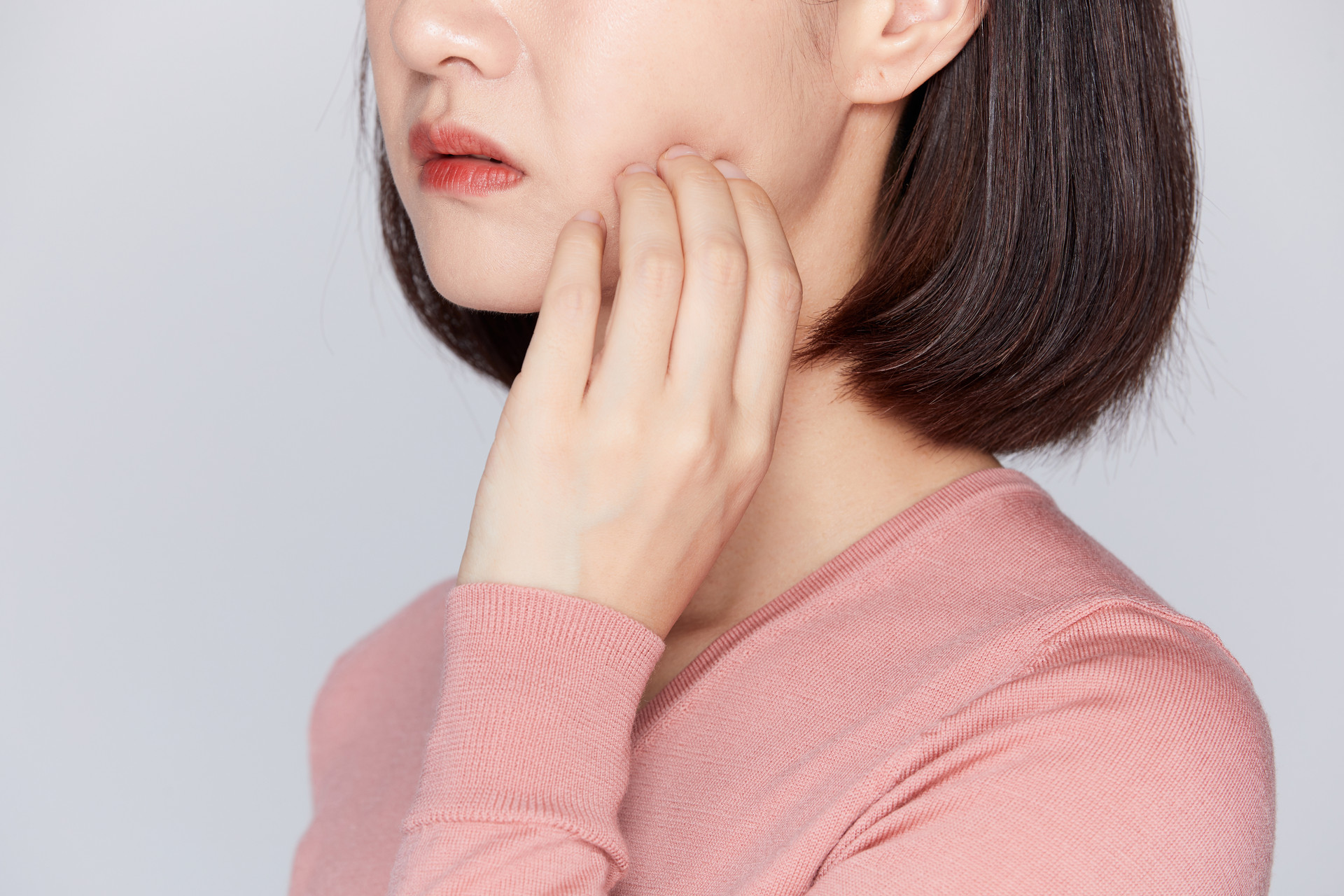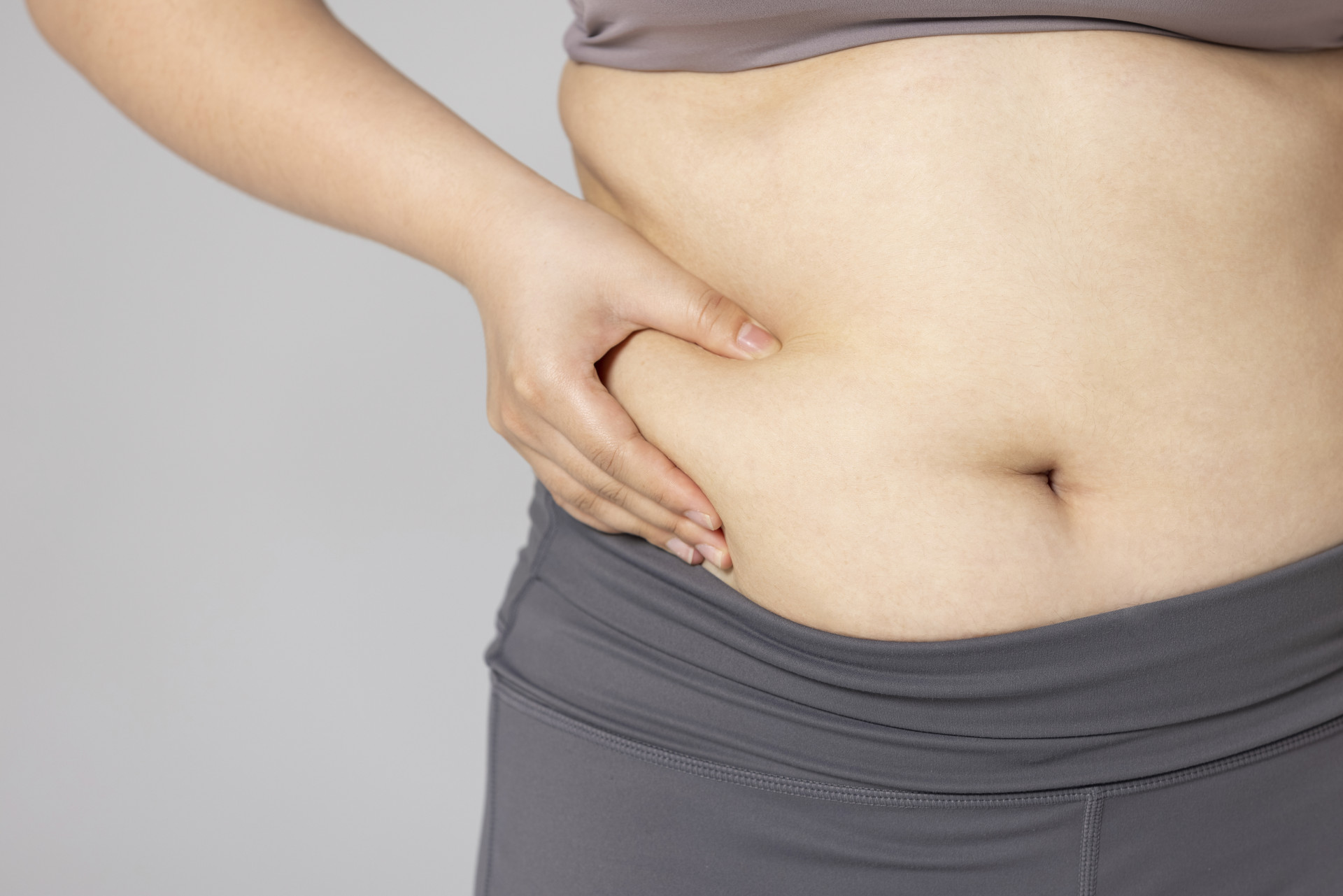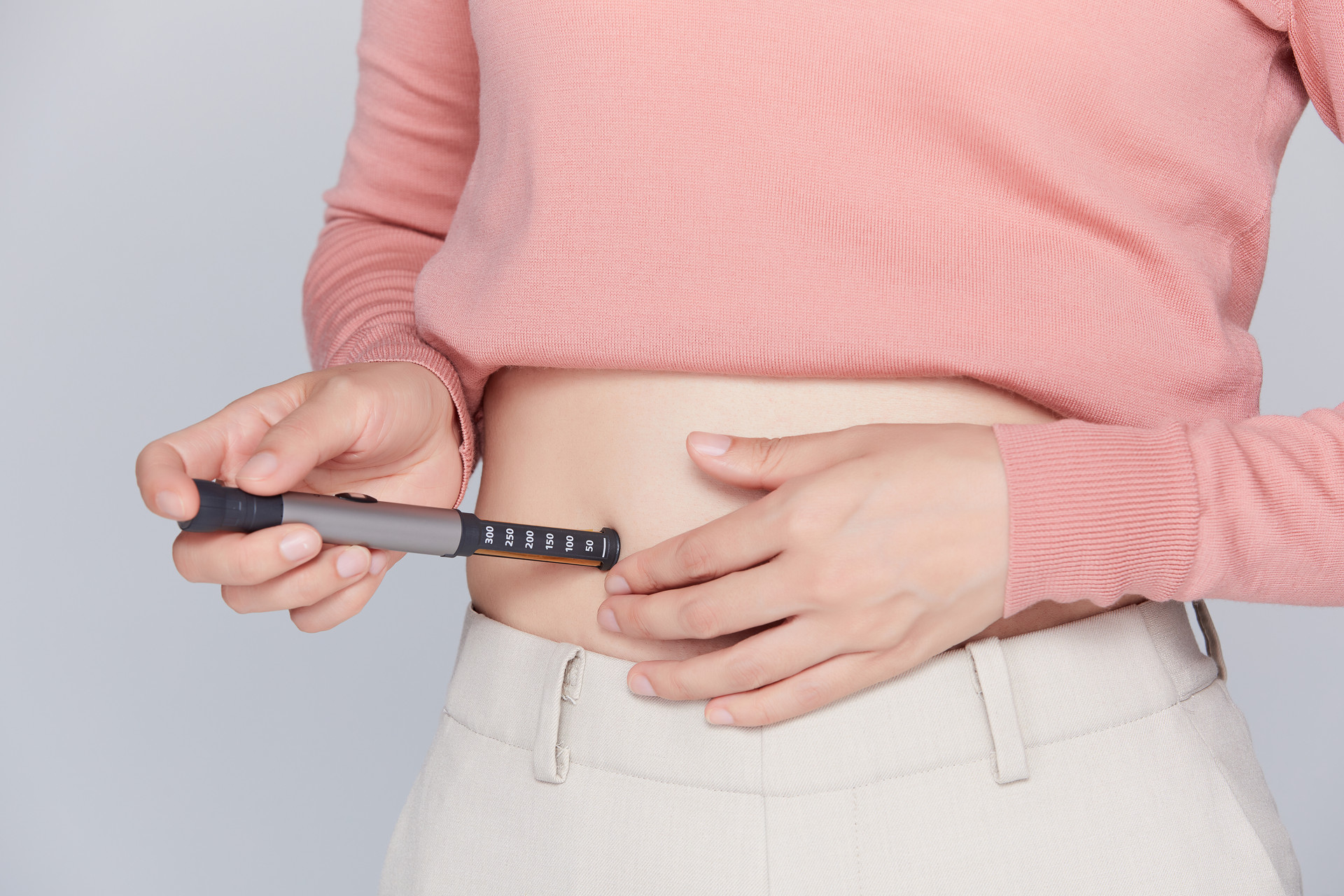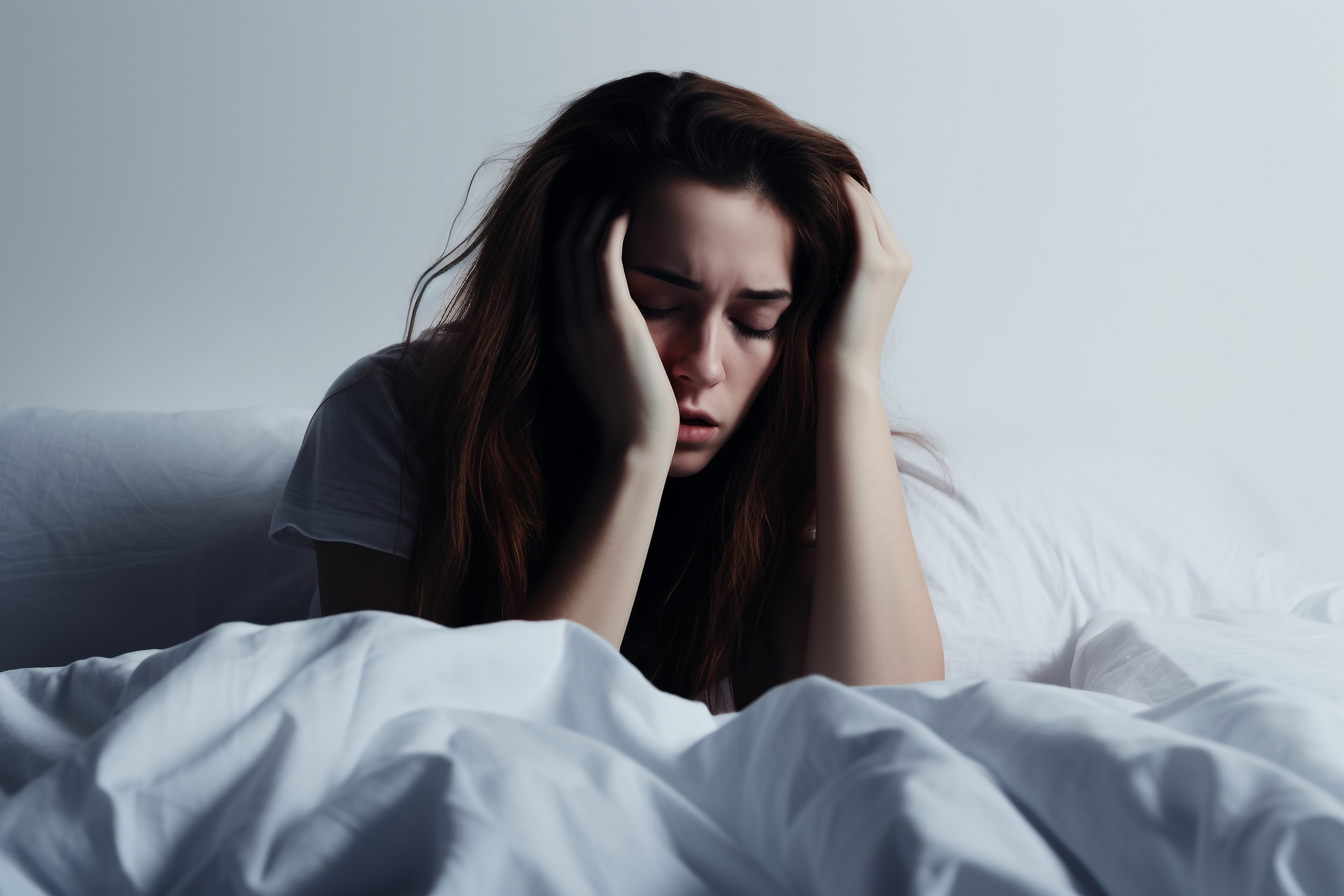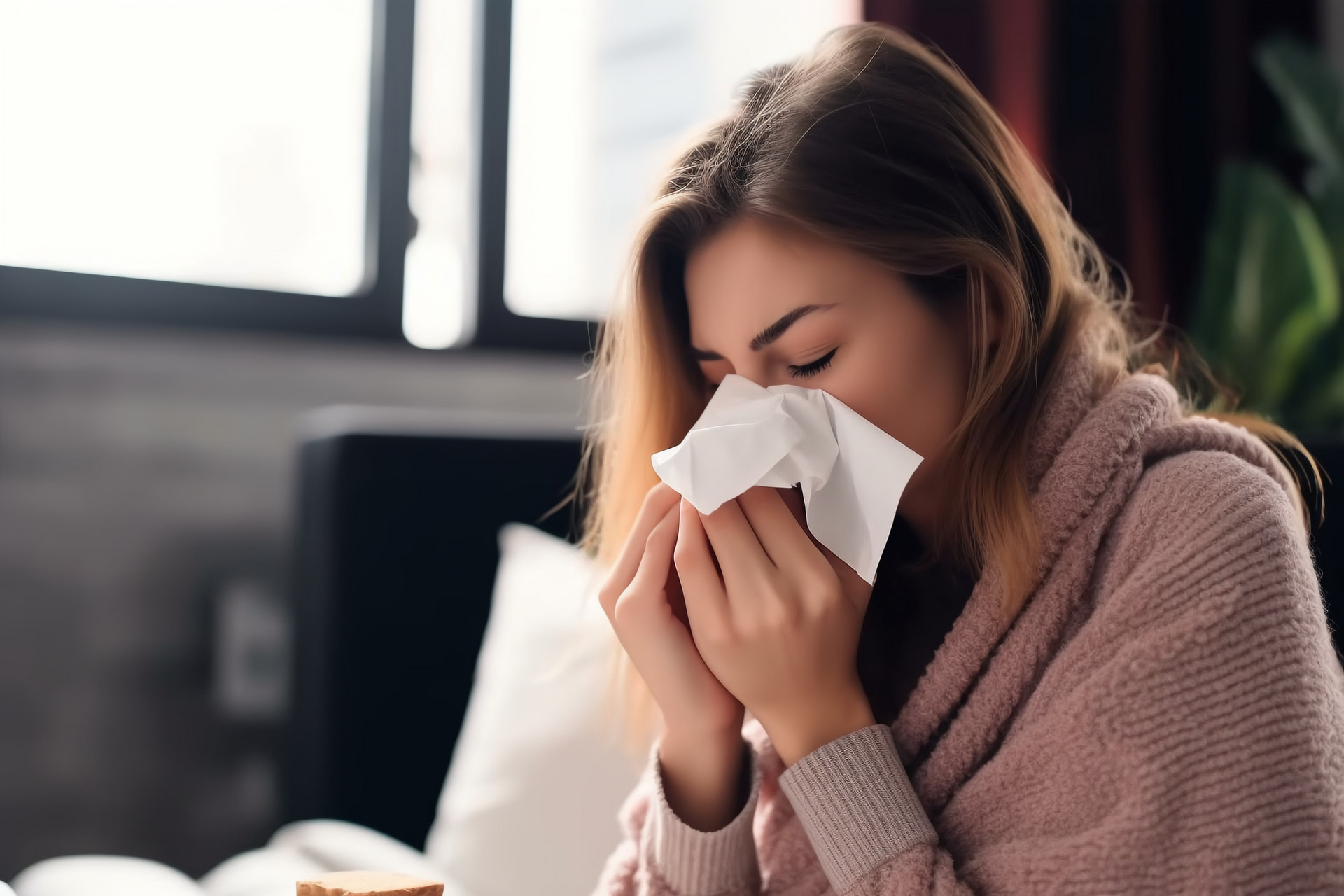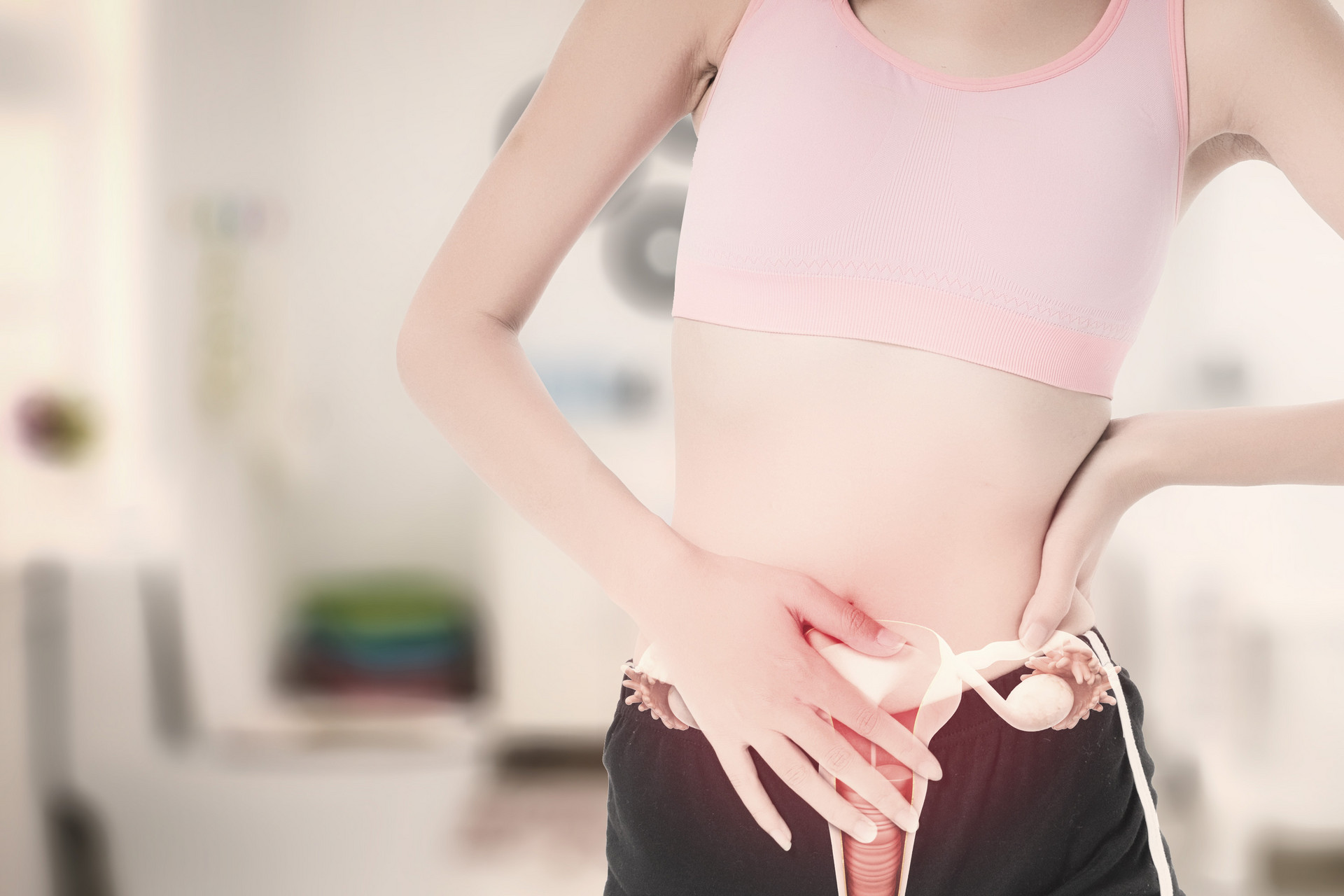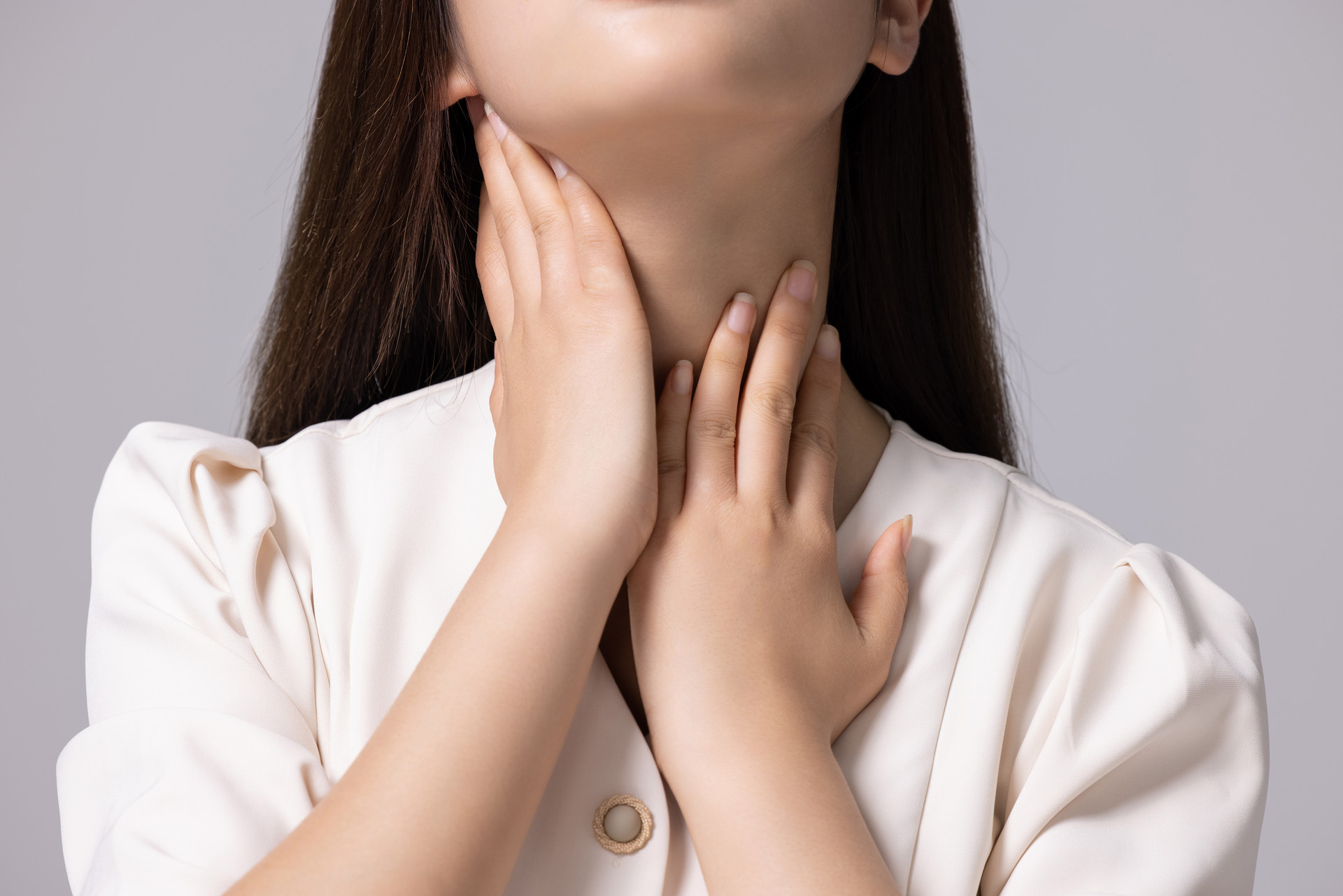In Chinese tradition, it is believed that new mothers and their infants must avoid drafts and cold temperatures during the "postpartum confinement" period, otherwise they may suffer from various "postpartum illnesses" in the future. Therefore, many postpartum women often choose to stay indoors and protect themselves from the cold during this time. In fact, based on the physiological characteristics of postpartum women, the emphasis on avoiding drafts and cold temperatures during the postpartum period is scientifically justified.
There is a saying, "A stove before childbirth, an ice pond after." Traditional Chinese medicine believes that after giving birth, women experience a significant loss of vital energy, inadequate qi and blood circulation, and weakened defense mechanisms. Additionally, after childbirth, the pores of the skin are open and sweating occurs more frequently, making it easier for dampness and external pathogens to accumulate. With just a little carelessness, wind, coldness, and dampness can easily invade the meridians, joints, and muscles, causing obstruction of the meridians, poor blood circulation, and stasis pain. Exposure to wind and coldness can not only cause cold symptoms, fever, and even pneumonia, but it can also lead to joint soreness, numbness, and even swelling. Some women may also develop neuralgia, which can be recurrent and difficult to cure.
Therefore, postpartum women should avoid catching colds, especially by keeping their heads warm. They can wear a woolen hat and choose comfortable, soft, and warm clothing. It is also important to avoid placing the bed near a draft. Cold water should be avoided when washing the face, and taking cold showers is not recommended. Additionally, it is advisable to avoid consuming raw and cold foods to prevent stomach pain or abdominal pain caused by coldness. Furthermore, it is important to maintain proper ventilation and lighting indoors to ensure an adequate supply of fresh air.


